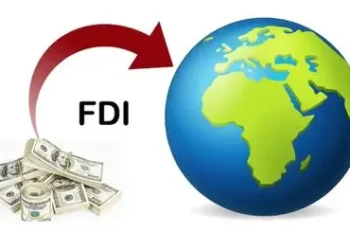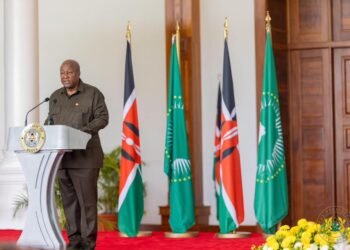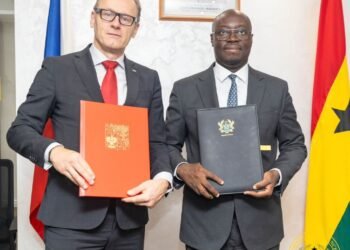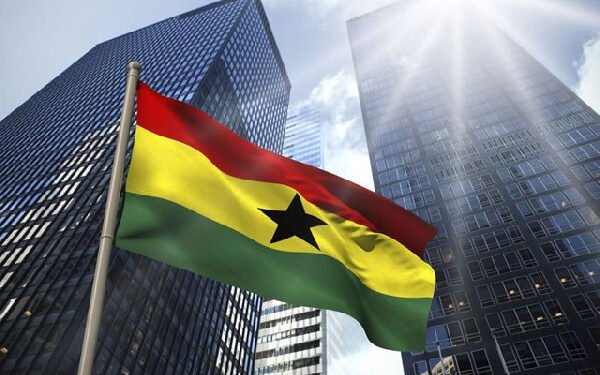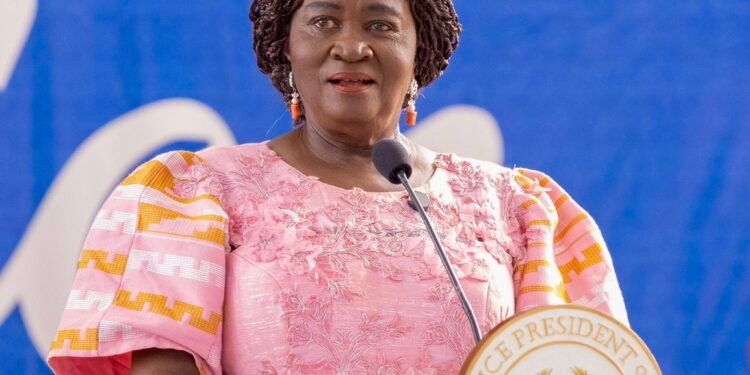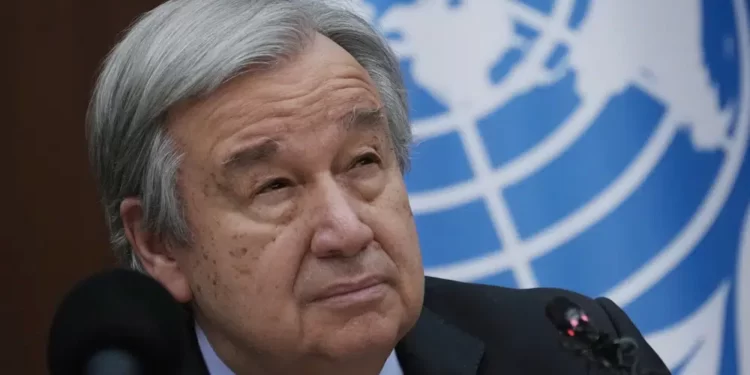Finance Minister Dr. Mohammed Amin Adam has officially announced the completion of the nation’s debt restructuring program.
The restructuring, which involved both official creditors and Eurobond holders, marks a crucial step in stabilizing Ghana’s financial landscape.
Speaking at a Town Hall meeting in the United Kingdom, Dr. Amin Adam, who is also the Member of Parliament for Karaga, detailed the successful negotiations that have led to the restructuring of $5.1 billion with official creditors and $13.1 billion with Eurobond holders. These negotiations have resulted in substantial savings for the country, with $8 billion saved overall.
“Last two weeks, we concluded negotiations with the official creditors, and we have agreed to restructure $5.1 billion. I am telling you that the government is good in negotiations, and of this amount, we are going to make savings of $2 billion.”
Dr. Amin Adam
Dr. Amin Adam further highlighted that the completion of negotiations with Eurobond holders would be formally announced the following morning, emphasizing the government’s success in securing favorable terms.
The Finance Minister also addressed the social impact of the restructuring process, acknowledging the distress faced by individuals due to previous investment decisions.
“Ideally, government should not be held responsible for the investment decisions of individuals, but this government is so caring. Mistakes were made, and people were not well-informed. We also know that the people who are affected are suffering.”
Dr. Amin Adam
Recognizing the severe consequences, including loss of lives and suicides, the government has stepped in with a bailout plan.
“This government is so caring that in the first place, we granted some bailout to all the affected, and I want to tell you again that the President has directed that we do another bailout. So between now and October, we will release ¢1.5 billion to the affected people.”
Dr. Amin Adam
IMF Targets and Economic Performance
This announcement comes after Ghana secured delayed payment on interests and a postponement on the maturity date in a restructured debt deal with bilateral creditors. These measures are part of Ghana’s broader strategy to meet its International Monetary Fund (IMF) targets.
To comply with the IMF’s requirements, Ghana’s $77 billion economy needs to reduce its debt to 55% of gross domestic product (GDP) by 2028, a significant decrease from the 109% projected before the restructuring began.
Dr. Amin Adam pointed out that Ghana’s economic performance has exceeded IMF expectations. The economy grew by 2.9% in 2023, surpassing the initial IMF target of 1.5%.
This robust performance means that a revised Debt Sustainability Analysis (DSA) could accommodate the new agreement with bondholders, ensuring that the country remains on track to meet its fiscal goals.
Journey to Debt Restructuring
Ghana’s journey to revamp its debt began over a year ago as part of an agreement with the IMF. In January, Ghana reached an agreement in principle with bilateral creditors to restructure $5.4 billion of obligations under the Group of 20 Common Framework for Debt Treatment. This initial agreement set the stage for the subsequent negotiations with Eurobond holders, ultimately leading to the comprehensive restructuring now completed.
The successful restructuring is a testament to the government’s negotiating prowess and its commitment to restoring economic stability. The savings generated from these efforts provide much-needed fiscal space for the government to address pressing social issues and invest in the country’s development.
The completion of Ghana’s debt restructuring program marks a pivotal moment in the nation’s economic recovery. With substantial savings secured and a clear plan to reduce debt levels, Ghana is poised to meet its IMF targets and achieve sustainable economic growth.
READ ALSO: Ukraine To Get First Tranche Of Military Aid From Frozen Russian Assets





